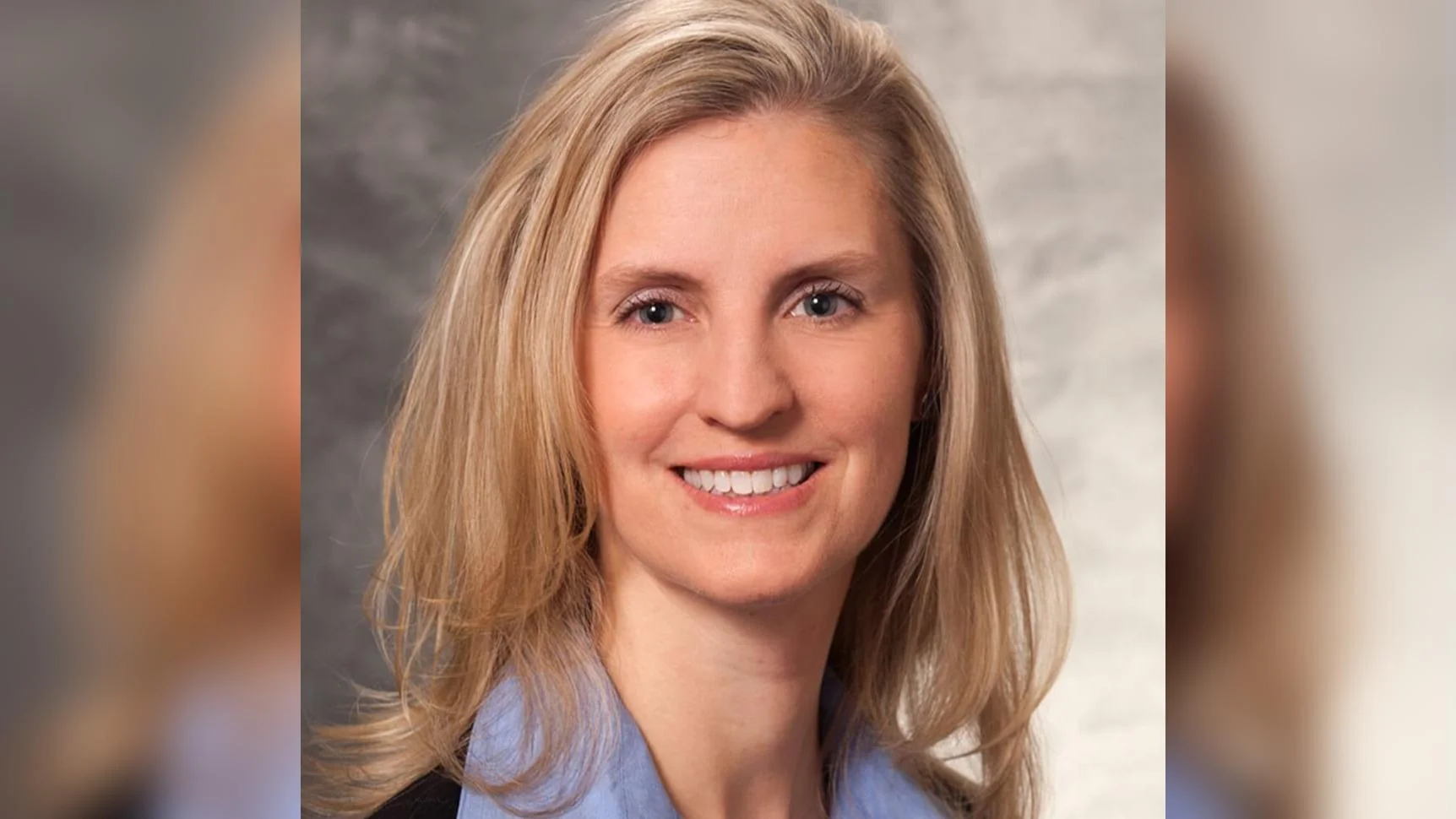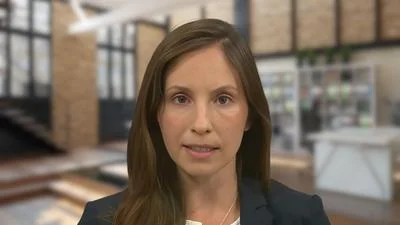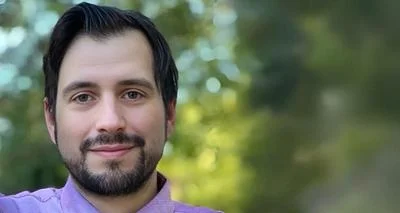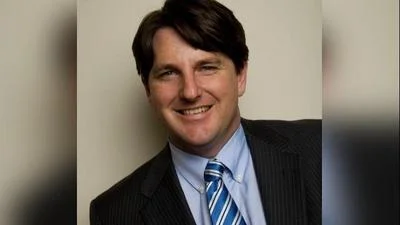Kelly Wilson Senior Vice President, Chief Legal Officer | U. of Wisconsin Hospital and Clinics
Kelly Wilson Senior Vice President, Chief Legal Officer | U. of Wisconsin Hospital and Clinics
A new treatment for uveal melanoma has allowed Paul Lynch to return to his active lifestyle. Lynch, from Madison, was diagnosed with this rare eye cancer in October 2021. After initial radiation therapy, the cancer spread to his liver by March 2024.
Lynch was among the first patients at UW Health | Carbone Cancer Center to receive a new treatment called Hepzato Kit. This method involves delivering chemotherapy directly into the liver artery for patients whose uveal melanoma has metastasized only to their liver. Dr. Vincent Ma, a melanoma medical oncologist, stated, “We are very proud to be able to provide this treatment to our patients who really need it.”
Uveal melanoma is the most common eye cancer despite its rarity, with approximately 1,700 annual diagnoses in the U.S., according to federal data. Dr. Ma explained that due to its aggressive nature and limited treatment options when it spreads, there has been increased research and therapies available over recent years.
Lynch noticed vision problems in fall 2021 and was diagnosed after visiting an ophthalmologist. Following his diagnosis in October 2021, he received specialized care at Carbone Cancer Center where ophthalmologist Michael Altaweel implanted a radioactive plaque at the tumor site and performed a biopsy revealing an aggressive subtype of uveal melanoma.
After surgery, Lynch quickly regained vision and resumed skiing within two weeks. However, about 32 months later, imaging showed cancer had returned in his liver. The visible lesion was treated with ablation followed by six rounds of Hepzato Kit therapy.
Dr. Ma noted that aside from liver-directed therapy, metastatic uveal melanoma patients might receive targeted drugs or immunotherapy based on specific immune fingerprints; however, Lynch did not qualify for targeted drug treatment.
Emily Fiedler, Lynch’s daughter and advocate during treatments praised the Carbone care team for their understanding and efforts to improve her father's comfort: “I just would praise that team too for their constant understanding of the situation and wanting to make it better for him,” she said.
Lynch valued providing feedback during treatments: “Because it is a very new type of procedure... I was trying to give back and help them improve this,” he remarked.
Post-treatment scans showed no cancer presence which relieved Lynch and Fiedler who were grateful for this new approach's availability: “The procedure wasn’t FDA approved a year earlier... you're even more grateful for it,” Fiedler commented.






 Alerts Sign-up
Alerts Sign-up